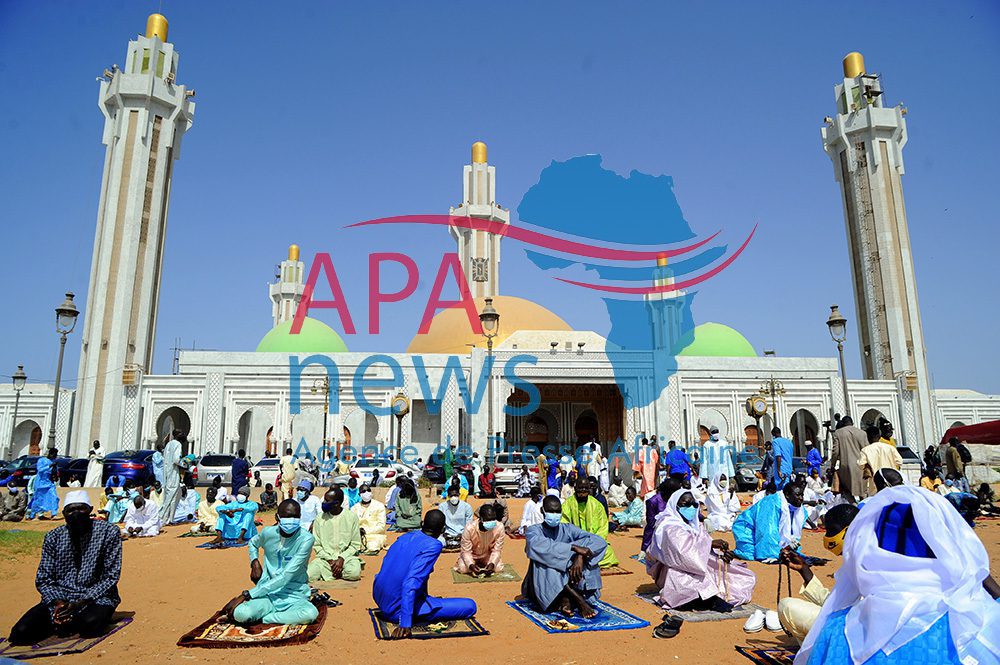Republishing caricatures of the Prophet of Islam in the French satirical newspaper Charlie Hebdo has sparked outrage in Africa.
By Ibrahima Dione
In his tribute to history teacher Samuel Paty, who was beheaded for showing his students drawings of the Prophet Mohammad, President Emmanuel Macron insisted that France would not abandon religious caricatures.
But Charlie Hebdo’s editorial choice offended the sensibilities of Muslims around the world., drawing angry condemnation from the Moroccan Foreign Ministry.
The Moroccan kingdom criticized the “immaturity” of the authors of the acts before pointing out that “the freedom of some ends where the freedom and beliefs of others begin.”
Morocco holds that “freedom of expression cannot, under any reason, justify the insulting provocation and offense targeting the Muslim religion, which has more than two billion followers in the world.”
In the same vein, Algeria’s High Islamic Council (HCI) came down hard on the use of this principle as a pretext to undermine Islam and its Prophet.
In Burkina Faso, the Federation of Islamic Associations argues that insulting “a religious belief” cannot be equated with freedom of expression.
To the High Islamic Council of Mali (HCIM) “France has crossed the red line.”
The Mauritanian Ministry of Foreign Affairs claims that the “relentlessness” of the Muslim religion “stirs up hatred and racism.”
Senegalese politician Ousmane Sonko described the Charlie Hebdo cartoons as a declaration of war against Islam which “is lost in advance for those who intend to engage in it.”
Meanwhile, the Rally of Senegalese against Islamophobia (RSI) has made a rallying call for Muslims to assemble at the Place de la Nation in downtown Dakar on Saturday, November 7, for the whole world to hear their voice.
ID/te/fss/as/APA


